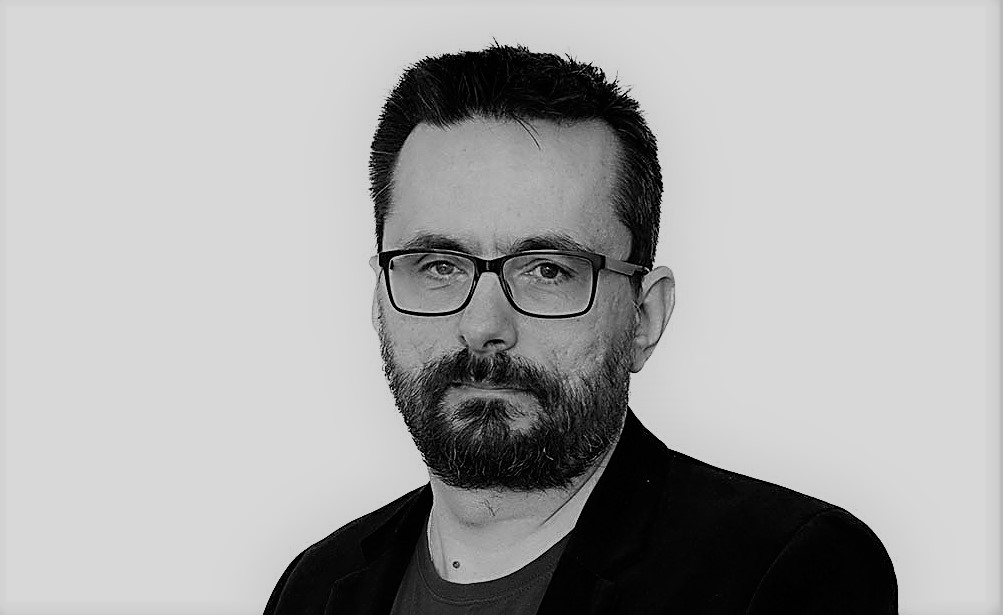By: Goran Andrijanić
On May 9th, the day celebrated in some European countries as the day of victory over fascism, Russian Ambassador Sergei Andreyev appeared in front of the mausoleum of Soviet troops in Warsaw to lay flowers.
He did so despite proposals from the Polish authorities, who advised him against it due to tensions in society caused by the brutal aggression of Andreyev’s state against Ukraine.
Despite this warning, Andreyev did not obey them. In addition to the arrogance typical of Russian diplomacy, there was something provocative in the very date he chose to lay flowers. In Poland, the victory over fascism is celebrated on May 8th, not May 9th. This has been the case since 2015 precisely because they wanted to avoid a symbolic connection with the former Soviet Union.
Andreyev arrived in front of the mausoleum, where a group of protesters, mostly Ukrainians, were waiting for him. A Ukrainian woman poured red paint on the Russian and his entourage. Pictures of a Russian diplomat smeared with red paint running through a crowd of angry protesters surrounded by a cordon of police officers guarding him have circled the world.
Initial responses to this event were shared. Of course, there was no shortage of those who said that Andreyev simply got what he deserved. In a situation where we observe the horror created by Russian soldiers daily, celebrating their grandfathers in the middle of Warsaw is really – to put it mildly – inappropriate.
“He was asking for it. It will be easier to wash the paint off his face than blood from his hands. Let’s not confuse the executioner and the victim,” Dariusz Grzędziński wrote in the weekly Wprost.
On the other hand, voices were heard warning that this would be bad for Poland’s image in the international community. The state has a duty to ensure the security of diplomats accredited to it, regardless of all circumstances.
This ambivalence was also seen in the responses of leading Polish politicians. While Foreign Minister Zbigniew Rau said the “incident should not have happened”, Prime Minister Mateusz Morawiecki said that the Russian should have listened to the Polish authorities’ proposals and that his arrival in front of the mausoleum was unnecessary.
“Russian crimes in Ukraine are such a terrible experience that it is clear that the very appearance of the Russian ambassador in front of the mausoleum is a provocation,” said the Prime Minister.
How accurate the assessment of the provocation was, was later shown by the statements of the Russian, in which he blamed the “Polish services” for the incident. This did not surprise anyone; Andreyev was already known for his perfidy.
Warsaw has so far deported most of the Russian embassy staff from Poland. Andreyev is still there only because it was probably judged that, for security reasons, it is good that Poland has its diplomats in Moscow now.
However, it is quite clear how Russian aggression against Ukraine will accelerate the process of distancing itself from Moscow in Poland, which includes continuing to clear up the communist political legacy being removed from public space.
Three Red Army monuments have been torn down in the past few weeks, and Karol Nawrocki, director of the Institute of National Remembrance (IPN), an organisation investigating crimes of communist and Nazi totalitarianism, already has a list of 60 monuments to be demolished as soon as possible.
Nawrocki said it was high time that public space in Poland was completely decommunized. His organisation sent a letter to local government institutions urging them to change all street names associated with communism.
They are even considering the demolition of the Palace of Culture and Science, a famous building in Warsaw that Moscow built in the 1950s as a “gift from the Soviet people to Poland”. The problem is that the building has meanwhile become one of Warsaw’s trademarks and many who are born in the Polish capital cannot imagine their city without it.
In the field of culture, the process of “cleansing” continues. Minister of Culture Piotr Glinski recently said that Russian art should be stopped in public at a time when Russians are committing crimes. “We owe this to the Ukrainians who are defending the whole of Europe at the moment,” he said.
Goran Andrijanić is a Croatian journalist and publicist living in Poland.

